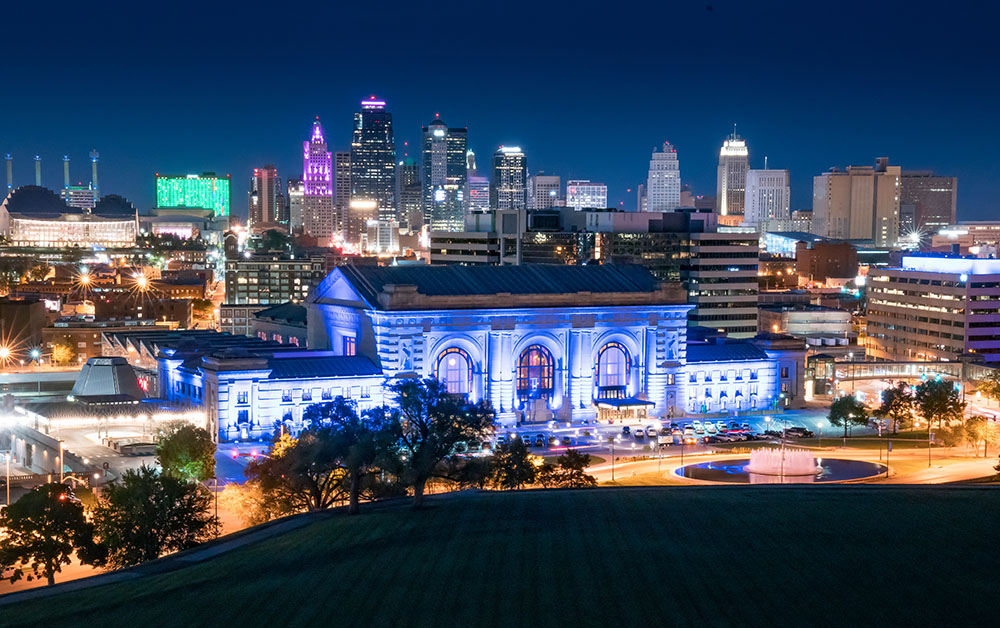Almost every community in the country has asked a similar question: Does building a new sporting facility make sense from an economic development point of view?
If one looks at the numbers that have been offered thus far it would appear that an investment of around $2 billion would yield more economic clout than the current stadium – about $185 million more. There would be an additional benefit in terms of expanded tax base – around $60 million due to the addition of jobs and additional sales tax revenue. These come from a company that specializes in advising cities on economic expansion opportunities – HR&A Advisors and the estimates are consistent with those made for other cities.
There are usually four sets of arguments presented to justify a development based on sports facilities (or entertainment facilities in general).
First Argument: Construction Impact
These projects will mean more jobs and more revenue for the companies involved in the project, but the value will depend on whether there is readily available capacity. If there is not sufficient capability to take on the project, there will be a worker shortage or companies will lack the ability to handle the project. They will incur higher costs to get the labor and capacity, and if material costs are also high (due to inflation) the costs of a project soar. A critical question is whether there is the capacity available to take on a project. If there are many competing efforts underway, they all see costs rise.
Second Argument: Consumer Spending at the Venue
How many times will events be held? Studies have shown that revenue returns are better with sports such as baseball or basketball as opposed to football simply because there are more games. The other key question is attendance. Teams that do not perform well do not draw consistent crowds and that limits the revenue opportunities. The facility needs a competitive tenant. The spending by attendees will vary with the overall economy as well. Each sport has a demographic and that indicates what the spend will likely be. Baseball fans tend to skew older; basketball fans skew younger. Football fans tend to spend more than hockey fans.
Third Argument: Tourism
How many people from outside the area will be expected to attend events? Despite popular belief, the Kansas City area is generally not a national draw and the number of people from around the country that would attend games here is limited. The tourist draw for Kansas City is essentially a six-state area (Kansas, Missouri, Iowa, Nebraska, Oklahoma, and Arkansas) but these states are divided in terms of team interest and loyalty. Eastern Missouri supports the St. Louis Cardinals and western Missouri follows the Royals. Western Kansas orients to the Colorado Rockies and eastern Iowa follows the Chicago teams. Oklahoma, Nebraska, and Arkansas are solid followers of Kansas City teams. Is there enough support for the travel involved in attending from these states?
Fourth Argument: Spurring Job Growth and Business Expansion
Will there be significant follow-on interest? This has been the criticism leveled at the current stadium complex. There has been little significant development around the stadiums. The cities that have seen growth have built entertainment districts that connect to the stadium featuring bars, restaurants, and retailers. The construction of the T-Mobile (Sprint) Center is a case in point as it came with the development of the Power and Light District. The challenge here has been the lack of a consistent tenant. It was supposed to draw an expansion basketball team or hockey team and that has not happened yet. When there are events there, the surrounding area sees business expansion but there are too few of these. The plan for a new baseball stadium is that it would feature an accompanying entertainment center or be located next to an existing one.
There is no simple answer to whether a $2 billion project is good or bad. If the issues noted above are addressed, the projected benefits make the project worthwhile. Failure to deal with the challenges (especially number four) limits the economic benefit. Studies done on many communities that have invested in sports stadiums and entertainment complexes yield mixed reviews. Some have seen the benefits soar far above the expected levels and other cities have seen the yield fall far below estimates.
MarksNelson is watching the development of downtown KC and what that means for real estate opportunities in that area.

